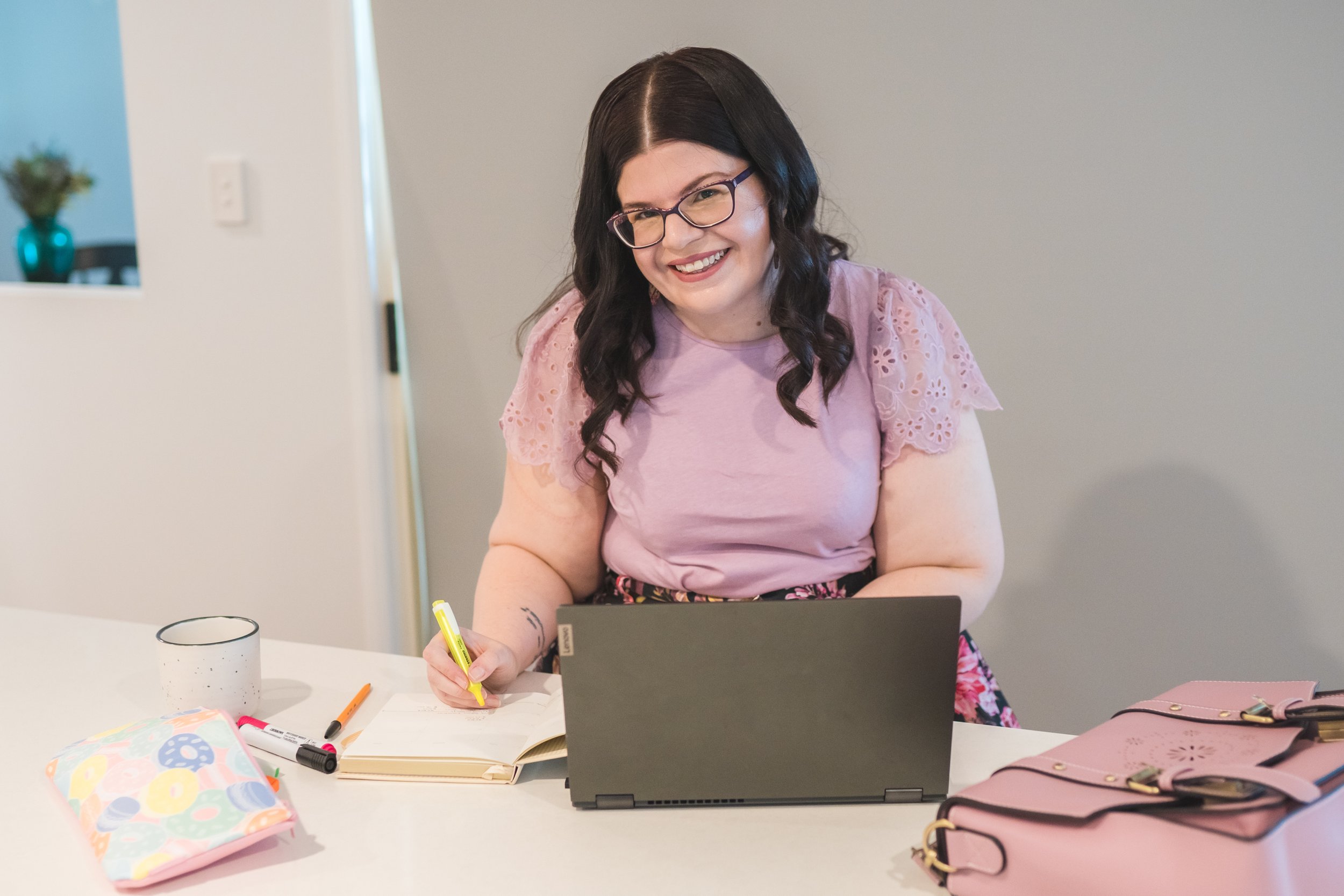Working as an Occupational Therapist
Hey there!
Get comfortable, grab your favourite sensory tool and settle into this fortnight’s blog post.
What is an Occupational Therapist anyway?
I love my profession, but it’s not one that is well marketed. These are two statements I’ve heard across the years:
“Oh, you’re an OT, so you help people get jobs right?”
“I thought OTs just helped people turn their taps easier.”
Now, none of these statements are wrong… You see occupational therapy is a very, very broad profession. One with almost limitless potential – you can find an OT working in vocational rehabilitation (supporting people to return to work after an injury), you can find them in aged care (finding solutions to support arthritic hands turn taps) – you can actually find us in lots of places!
Occupational therapists are allied health professionals who work with individuals, groups and communities to achieve optimal health and wellbeing through participation in the occupations of life. ‘Occupations’ is a term used to describe all the everyday things we do as part of life, but also the things we do to be who we are, the things we do to create a meaningful life and to engage with wider society and culture.
The way occupational therapists work is influenced by their study, the country they live in and their interests. What happens is that some occupational therapists develop special interest areas, focusing their attention on that space. I’d love to tell you a little about my special interest area of occupational therapy…
Supporting children, young people and their families
I love working with children, young people and their families – it’s fun and I’m never, ever bored.
Now, this is where my work does get a bit niche – I focus on supporting the social and emotional development of children, young people, and their families (with a special interest in supporting neurodivergent families). You see, stress is contagious – if one person in the family is stressed, everyone tends to be stressed – so it’s helpful to be family-centered.
Family-centered intervention allows me to: help caregivers understand their own regulation needs; collaborate to explore their child’s strengths; collaborate to understand areas their child would benefit from support; provide a space to support co-regulation and self-regulation, as well as working alongside them to advocate for what would best help their children.
I’m so passionate about working with families, I’m doing a PhD on the topic… but that’s a blog post for another day.
Stick around – you’ll get to hear all about neuroscience, nervous systems, relationships and neurodivergency. I’m keen to share more about my brand of occupational therapy!
Your friend in neurodivergence,
Kristy


